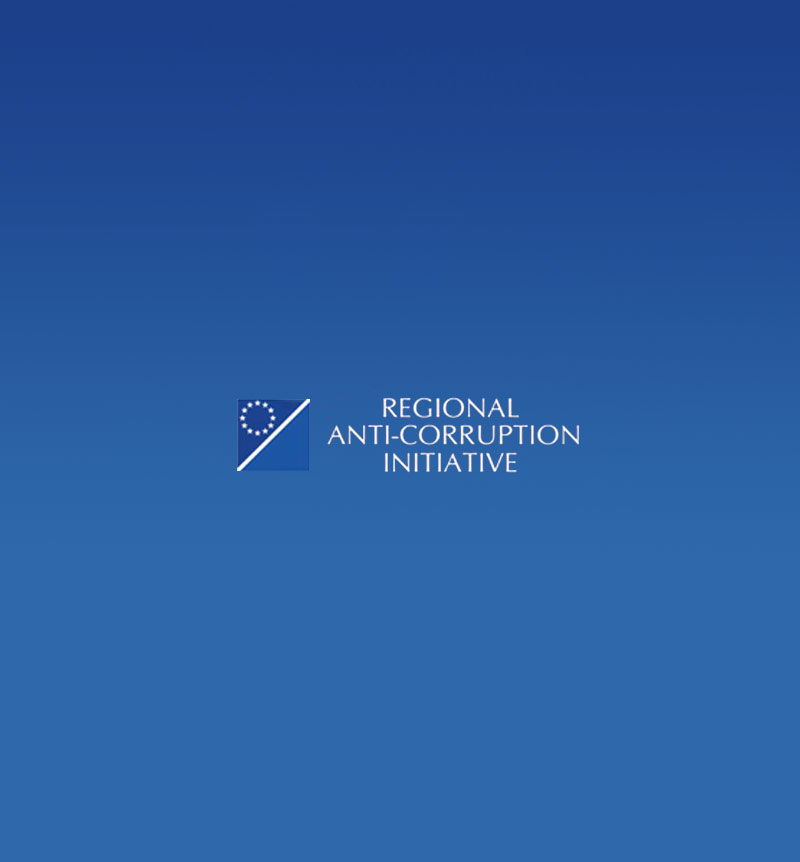General Information
Bulgaria has a broad framework of institutions specialized in fighting corruption.
As part of the implementation of new anti-corruption strategies adopted after 2020, the Bulgarian government continues to appoint a national coordinator at the level of Deputy Prime Minister and established a National Council on Anti-Corruption Policies, as an inter-institutional body with consultative, coordinating, and control functions, and a Civil Council thereto – to monitor the implementation of the anti-corruption policies.
Bulgaria established a specialized court to deal with crimes committed by organized criminal groups, and since 2018 its jurisdiction also included corruption-related crimes committed by senior public officials. However, as of 2022, the specialized criminal court and specialized prosecutor’s office have been abolished, and their cases have been transferred to the regular criminal courts.
The competencies for investigating corruption are shared by investigating magistrates with the Prosecutor’s Office and the investigating police officers within the Ministry of the Interior.
The main institution responsible for implementation of anti-corruption policies and confiscation of illegally acquired property is the Commission on Countering Corruption and Illegal Assets Forfeiture. There are legislative proposals to reform the Commission by splitting it into two separate bodies: one responsible for investigating high-level corruption and another for confiscation of illegally acquired assets.
Other anti-corruption bodies include: Chief Inspectorate to the Council of Ministers and inspectorates within the line Ministries and other government agencies, Commissions on Professional Ethics to the Judges’ and Prosecutors’ Chambers, and the Inspectorate with the Supreme Judicial Council; the National Audit Office, the Public Procurement Agency, the National Revenue Agency, etc.
The Commission, which was formed in 2018, merged the formerly existing commissions for confiscation of illegal assets and for prevention and identification of conflict of interests, as well as the Centre for Prevention and Counteraction of Corruption and Organized Crime and the relevant units of the National Audit Office and the State Agency for National Security. The proposed reforms aim to enhance efficiency and transparency in the fight against corruption.
Corruption Perception Surveys
| Corruption Perception Index by Transparency International: |
43/100 (2024) |
| Government Effectiveness (from -2,5 to +2,5), World Governance Indicators by World Bank: |
-0,51 (2022) |
| Control of Corruption (from -2,5 to +2,5), World Governance Indicators by World Bank: |
-0,64 (2022) |
| Index of Economic Freedom by Heritage Foundation: |
68.5/100 (2024) |
| Corruption (1=best, 7=worst), Nations in Transit by Freedom House: |
3.75 (2024) |
| Democracy Score (1=best, 7=worst), Nations in Transit by Freedom House: |
4.54 (2022) |
| GRECO Fifth evaluation round – Second Compliance Repo |
Issued: January 2020 |


